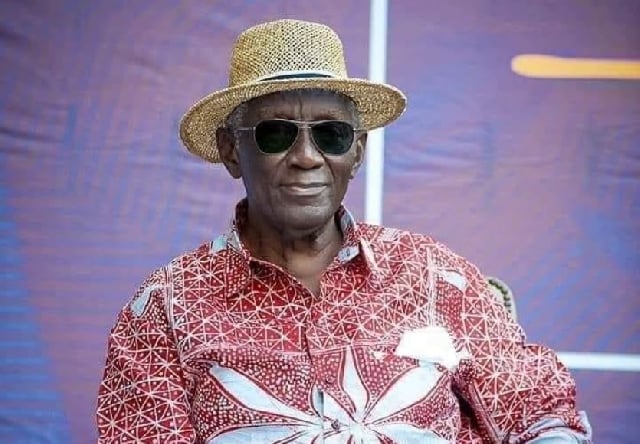Former President John Agyekum Kufuor has issued a fervent call to the academic community to engage actively in addressing the escalating challenge of illegal mining, commonly known as galamsey, in Ghana. He articulated his concerns at a recent event organized by the Ghana Institute of Management and Public Administration (GIMPA), where he highlighted the inadequacy of political measures alone to tackle this complex issue. Kufuor stressed that while politicians are pivotal in raising awareness and initiating discussions surrounding galamsey, their efforts are insufficient to yield sustainable solutions. He implored academic experts to utilize their research and knowledge to contribute to the discourse and develop comprehensive strategies that can effectively combat the detrimental effects of illegal mining.
During his address, the former President outlined the severe repercussions of galamsey that extend beyond immediate economic gains, including extensive environmental degradation, pollution of water bodies, and the loss of arable land, all of which threaten the country’s ecological balance and future agricultural productivity. Kufuor emphasized that these negative outcomes have profound implications for Ghana’s socio-economic development and environmental sustainability. He argued that the galamsey problem transcends political lines and necessitates a multidisciplinary approach, in which the academic sector plays a crucial role in driving research-based solutions.
Kufuor’s call to action was accompanied by an urgent reminder of the need for collaboration between academia and other stakeholders in the fight against illegal mining. He urged scholars to harness innovative thinking and rigorous analysis to formulate sustainable long-term strategies that could mitigate the adverse impacts of galamsey. The former President’s message underscores the importance of integrating academic insights with policy initiatives to foster a comprehensive understanding of the issue and devise effective interventions.
Moreover, Kufuor highlighted the importance of initiating conversations that permeate beyond traditional political discussions; he envisioned a platform involving diverse stakeholders, including policymakers, environmentalists, and community members, to address the complexities surrounding illegal mining. He emphasized that academia is uniquely positioned to lead these discussions due to its capacity for critical analysis and evidence-based recommendations, which are essential for informing sound public policy.
In his address, the former President also acknowledged the challenges faced by local communities affected by galamsey, noting that the fight against illegal mining cannot solely rely on enforcement and regulations. He insisted that it is equally critical to understand the socio-economic factors that drive individuals towards illegal mining, such as poverty and unemployment. Therefore, he encouraged academic researchers to explore these underlying causes and propose viable alternatives that could provide sustainable livelihoods for affected populations.
In conclusion, Kufuor’s passionate plea serves as a clarion call for academia to step into a leadership role in tackling the multifaceted challenges posed by illegal mining in Ghana. By integrating their expertise with political efforts and fostering collaborative discussions, scholars can contribute significantly to developing innovative, sustainable solutions that address both the immediate threats posed by galamsey and its long-term implications for the nation’s environment and economy.














